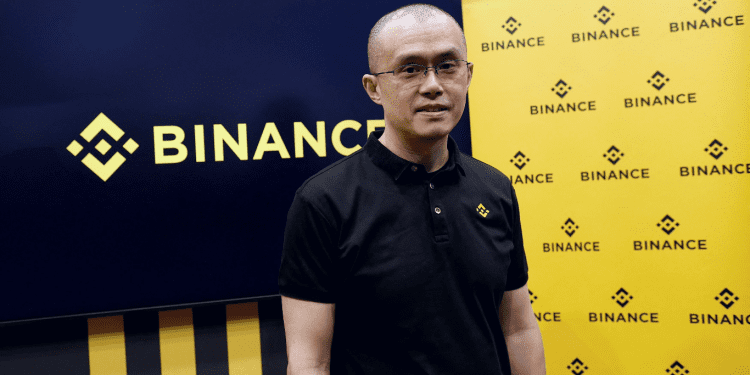- CommEx recently announced it does not have ownership ties to Binance.
- The company acknowledged its team includes previous Binance team members, and it has adopted certain Binance practices.
- Speculation swirls as CommEx remains tight-lipped about its true ownership.
Recent days have seen a surge in discussions surrounding the CommEx company, specifically its potential connection to Binance’s Russian division. Last week, CommEx released a public statement emphasizing its independence from Binance. The notice, which was made available on their website, highlighted that the company operates separately from the renowned Binance.
Despite their claim, CommEx refrained from revealing the identity of their Ultimate Beneficial Owner (UBO). Instead, they focused on detailing the structure and passion of their team. Their statement proudly acknowledges a team that’s energetic and consists of dedicated professionals from varying backgrounds. Interestingly, CommEx also admitted that many of its central team members previously worked for Binance.
CommEx’s public communication went on to mention that over the past half-year, they have been diligently working on refining their platform. During this period, they recruited some of Binance’s former staff. The inclusion of these ex-Binance talents has enabled the firm to gain invaluable insights into Binance’s products and operations, fortifying a non-direct relationship with the prominent exchange.
What’s notable from the statements is the firm’s confirmation about the inclusion of Binance’s former CIS (Commonwealth of Independent States) division members within the CommEx team. This move stands despite the reiterated point that Binance has no ownership stake in CommEx.
Changpeng Zhao, the chief executive of Binance, took to X (previously known as Twitter) on September 28, to mention that some members of Binance CIS have either already transitioned or will soon be joining CommEx. In his view, this transition is a positive one. Zhao also highlighted how CommEx has adopted certain features from Binance, including design, APIs, and user agreement terms, to ensure users have a seamless experience.
Additionally, he clarified that CommEx would not offer services to clients residing in Europe or the United States. European and US citizens will face certain barriers if they try accessing CommEx. These restrictions, he noted, were set during their agreement with CommEx.
CommEx’s data shared in their Telegram group reveals that the platform allows users to engage in trades up to 2 Bitcoin (equivalent to approximately $54,000) without undergoing any KYC verification.
David Lesperance, the founder of Lesperance & Associates, commented on this ongoing saga, suggesting that such hidden ties, if true, could further tarnish Binance’s reputation.
Russia Adapts to Cryptocurrency Rise
Russia’s relationship with cryptocurrency has evolved significantly in 2023. Demonstrating an openness to digital assets, the nation’s State Duma set its sights on greenlighting a bill that would facilitate cross-border transactions using cryptocurrencies earlier this year.
Come June, the government went a step further, declaring that digital currencies will be accepted as legal tender within its borders. However, these moves come with caveats. The adoption will be accompanied by stringent regulations, ensuring that all crypto activities fall within the boundaries of the law.
Highlighting the nation’s commitment to the digital era, President Vladimir Putin gave his nod to the digital ruble bill in July. This groundbreaking legislation paves the way for Russia’s central bank to roll out its proprietary digital currency.














